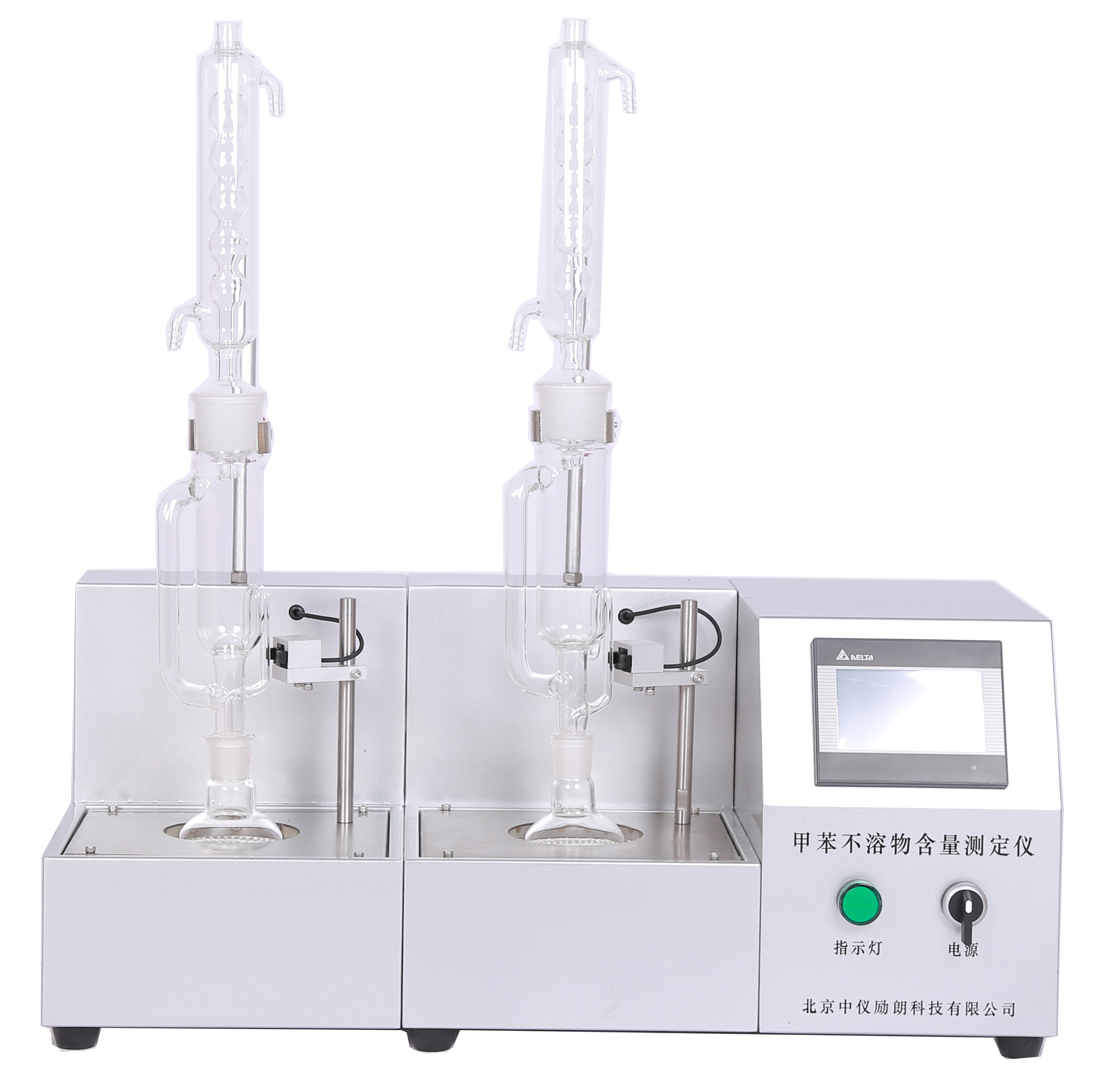Investing in Durable Asphalt Testing Equipment: A Wise Choice for Quality Assurance
Jun 11,2025

Investing in Durable Asphalt Testing Equipment: A Wise Choice for Quality Assurance
The Importance of Asphalt Testing in Construction
Asphalt is a widely used material in road construction, pavements, and roofing applications due to its durability, flexibility, and economic advantages. However, the longevity and safety of asphalt installations heavily depend on the quality of the materials used. This is where **asphalt testing equipment** plays a crucial role. Investing in high-quality, durable asphalt testing equipment ensures that the materials meet the required specifications, reducing the risk of future failures and costly repairs.
Understanding Asphalt Testing Equipment
Asphalt testing equipment encompasses a variety of tools and instruments used to evaluate the properties of asphalt mixtures and their components. These tools help determine factors such as viscosity, density, stability, and flow characteristics of asphalt. By conducting thorough tests, engineers and contractors can ascertain the suitability of the asphalt for specific applications.
Types of Asphalt Testing Equipment
There are several types of asphalt testing equipment that are essential for accurate evaluations. Below are some commonly used instruments:
Viscometers
Viscometers measure the viscosity of asphalt binders, providing insights into how well the material will perform under different temperatures and loading conditions.
Marshall Stability Testers
These devices assess the stability and flow characteristics of asphalt mixtures, essential for understanding their load-bearing capabilities.
Specific Gravity Balances
Used to determine the density of asphalt mixtures, specific gravity balances help in the calculation of voids and air content in asphalt pavements.
Asphalt Content Extractors
These tools are utilized to extract asphalt from aggregates, allowing for the analysis of the mixture's composition.
Dynamic Shear Rheometers (DSR)
DSRs evaluate the rheological properties of asphalt binders at high temperatures, crucial for assessing performance under stress.
Benefits of Investing in Durable Asphalt Testing Equipment
Investing in **durable asphalt testing equipment** leads to several advantages, enhancing overall project quality and safety. Here are some key benefits:
1. Enhanced Quality Control
Durable testing equipment provides precise measurements and reliable results, ensuring that the asphalt mixtures adhere to industry standards and specifications. This enhanced quality control translates to safer and more durable roadways.
2. Reduced Long-Term Costs
While the initial investment in high-quality equipment may be significant, it ultimately leads to cost savings. Reliable testing reduces the likelihood of pavement failures, minimizing repair costs and extending the lifespan of asphalt installations.
3. Improved Safety Standards
Accurate testing is vital for maintaining safety standards in construction. By ensuring that asphalt mixtures are properly evaluated, engineers can mitigate risks associated with poor-quality materials, potentially preventing accidents and injuries.
4. Increased Efficiency in Projects
With durable testing equipment, the assessment process becomes more efficient. Quick and accurate results allow for faster decision-making, helping to keep projects on schedule and within budget.
5. Compliance with Regulations
Investing in reliable asphalt testing equipment ensures compliance with local and national regulations regarding materials quality. This not only protects public safety but also enhances a company’s reputation in the industry.
Choosing the Right Asphalt Testing Equipment
Selecting the appropriate asphalt testing equipment requires careful consideration of various factors. Here are some points to keep in mind:
1. Understand Your Testing Requirements
Before making any purchases, it is essential to identify the specific testing needs of your projects. Evaluate the types of tests you will be conducting and the properties you need to measure.
2. Consider Equipment Durability and Reliability
Durability is key when selecting testing equipment. Choose models that are well-built and designed to withstand rigorous use in various conditions. Look for customer reviews and recommendations to gauge reliability.
3. Evaluate Cost vs. Quality
While it may be tempting to opt for the cheapest option, it is crucial to balance cost with quality. Investing slightly more in high-quality equipment can yield better long-term results and savings.
4. Seek Expert Recommendations
Consult with industry experts or experienced engineers to gain insights into the best equipment for your needs. Their expertise can guide you in making informed decisions.
5. Ensure Technical Support and Training
When investing in new testing equipment, confirm that the manufacturer provides adequate technical support and training resources. Proper training ensures that your team can operate the equipment effectively and interpret results accurately.
Maintaining Your Asphalt Testing Equipment
Proper maintenance of asphalt testing equipment is essential to ensure longevity and reliability. Follow these practices:
1. Regular Calibration
Calibration is critical for accurate measurements. Schedule regular calibration sessions to ensure that all equipment provides reliable results.
2. Routine Cleaning
Keep equipment clean to prevent contamination and ensure accurate readings. Follow the manufacturer's guidelines for cleaning procedures.
3. Inspect for Wear and Tear
Regularly inspect equipment for any signs of wear or damage. Timely repairs can prevent further deterioration and maintain operational efficiency.
4. Store Properly
After use, store equipment in a clean, dry environment away from direct sunlight and extreme temperatures. Proper storage extends the lifespan of your tools.
5. Keep an Inventory of Spare Parts
Having spare parts on hand can minimize downtime in the event of equipment failure. This proactive approach ensures that your testing capabilities remain uninterrupted.
Future Trends in Asphalt Testing Equipment
The field of asphalt testing is continually evolving, with advancements in technology leading to more efficient and accurate testing methods. Here are some future trends to watch:
1. Automation and Digitalization
Automation is set to play a significant role in asphalt testing. Digital systems that automate data collection and analysis can lead to faster and more accurate results.
2. Eco-Friendly Testing Solutions
As sustainability becomes increasingly important, there is a growing demand for eco-friendly testing solutions. New technologies that reduce environmental impact while ensuring quality are likely to be developed.
3. Integration of Artificial Intelligence
AI can enhance asphalt testing by analyzing large datasets to identify patterns and predict performance. This integration may lead to more informed decision-making and improved testing methodologies.
4. Enhanced Mobility and Portability
Future equipment is likely to focus on portability, allowing engineers to conduct tests on-site with ease. This mobility can streamline the testing process and enhance project efficiency.
Frequently Asked Questions (FAQs)
1. What is the purpose of asphalt testing equipment?
Asphalt testing equipment is used to evaluate the properties of asphalt mixtures, ensuring they meet industry standards for durability and performance.
2. How often should asphalt testing be conducted?
Testing frequency depends on project requirements, but it is generally advisable to conduct tests during the initial stages of material selection and periodically throughout the construction process.
3. Can I rent asphalt testing equipment instead of buying it?
Yes, many suppliers offer rental options for asphalt testing equipment, which can be a cost-effective solution for temporary projects.
4. What factors influence the choice of asphalt testing equipment?
Key factors include the types of tests required, the durability of the equipment, budget considerations, expert recommendations, and available technical support.
5. How can I ensure my asphalt testing equipment lasts longer?
Regular maintenance, proper cleaning, routine calibration, and appropriate storage are essential practices to extend the lifespan of your asphalt testing equipment.
Conclusion
Investing in durable asphalt testing equipment is not just a wise choice; it is a crucial step towards ensuring the quality, safety, and longevity of asphalt projects. The benefits of enhanced quality control, cost savings, and improved project efficiency highlight the importance of selecting high-quality testing instruments. By understanding the various types of equipment available, maintaining them properly, and keeping abreast of future trends, organizations can significantly enhance their asphalt testing capabilities. Ultimately, this investment will lead to superior outcomes and a stronger reputation in the construction industry.
Contact Us








